There’s no angle or twist here, just very straightforward: there’s been a rise in memes on Instagram (and I’m sure other places, I just only look at Instagram) that make a lot of statements about trauma and PTSD, and it does not seem responsible to me to make or share those memes. Trauma and PTSD are immensely complicated, and the quality of conversation about them on social media and in digital media generally is jargon-heavy, information-poor, and generally deeply irresponsible.
People suffering from trauma and PTSD need the help of medical professionals. Information about how to best help those suffering with them changes rapidly and requires the interpretation of licensed subject matter experts. And the information in these memes cannot be correct in all cases. Every situation is different; doctors and therapists are valuable in part precisely because they are responding to the specific and complex dynamic of an individual and their pain. A meme can never do that.
When I have shared these misgivings with friends in the past a few have said some version of “well, a lot of people don’t have access to health care, so they need this.” I find this very strange. If someone needed a surgical operation and could not afford one I hope these people would not suggest that they learn how to perform surgery themselves from memes. Mental health care is no less technical, valid, or important. We need to fight like hell for universal health coverage, not encourage people to diagnose and treat immensely complex mental health conditions.
I think many people contributing to this are well meaning but capable of causing real harm. I think some are simply predatory. What follows are some examples of what’s out there but there’s thousands more, and I don’t have access to Tik Tok where I’m told this may be even more prevalent.
Sometimes not speaking up may be a trauma response. Sometimes it’s an adult decision to minimize conflict in a particular point and time where speaking up would cause more harm than good. Sometimes not speaking up is a literal physical survival strategy. The traumatized person is unlikely to be in a position to know which is which. That’s why professional help for traumatized people exists.
One thing that Instagram memes desperately want you to believe is that the world is filled with monsters. There is an endless list of different types of bad people, people who are “toxic” and who cannot be reformed, only removed. The makers and consumers of these memes, of course, do not fall into any negative category. Is it actually to the benefit of people suffering from psychological issues (or, indeed, anyone at all) to grow to think that we should live in a state of chronic vigilance against shadowy and evil people who wish to do us harm, lurking around every corner?
“Triggering” is an example of a concept and a term that is utilized in these memes with minimal precision and no consistency. In the context of PTSD triggering usually refers to something very specific that does not much resemble its now-constant use in casual conversation. It is irresponsible to use terms from psychiatric medicine this loosely.
“Toxicity” is a term of constant reference, imbued with great power, that has no specific meaning. It conforms to meet whatever particular need the user has at any given time. It is not a formal term and is not recognized in the DSM. The constant use of “toxic” and similar buzzwords, while friendly to helping your meme go viral, has no actual utility for helping real people. In this specific meme perfectly normal parenting behaviors are represented as disordered. For example, criticizing children is a necessary part of parenting, as we must be socialized to behave correctly in order for society to function. Likewise being blamed for something is not toxic if, in fact, you deserve blame. The expectation that any negative event whatsoever is a matter of psychological harm and emotional violence, rather than an inevitable and in fact necessary aspect of adult life, is one of the most pernicious aspects of these memes.
At times, the implied purpose of this kind of therapeutic communication is to teach people that their emotions are not alright - that they are experiencing negative feelings about themselves that are inherently illegitimate. At other times, as here, emotions are always legitimate; there is no such thing as a disordered or dysfunctional emotional response. There is no logic or consistency about which is true at any given time.
“Reparenting” is an immensely controversial pseudotherapeutic technique that many mental health providers reject outright. The woman who made this meme, and who identifies herself as a therapist, declines to provide that information to her followers, leaving them to try to evaluate for themselves a highly contested treatment option in a way that they cannot possibly do responsibly.
If there is one thing that “self-healing” Instagram is sure of, it’s that every asshole you’ve ever encountered in your entire life is a narcissist. There are hundreds and hundreds of these memes, and the range of behaviors and attributes they identify as sure signs of narcissism are so broad and varied that literally anyone could be “diagnosed” with it. It is of course quite popular to give people ammunition to declare that all of their ex-boyfriends and shitty bosses were narcissists. Narcissistic personality disorder is a real condition, but a) it afflicts less than 1% of the population, which makes the frequency of these memes curious, and b) it is indeed a mental health disorder, meaning those that suffer from it deserve sympathy and treatment rather than banishment from society.
Sometimes. Sometimes not. Abuse victims do indeed seem to abuse at higher rates but there’s no reason to believe this is exclusively the case. The reality is likely immensely complex and not suitable for memes - nor, for that matter, is the subject of child abuse writ large.
A constant theme in the this genre is the idea that other people are constantly failing the traumatized. There are a vast number of memes that attack people for saying the wrong things in response to a disclosure or trauma. But it is not fair or constructive to expect normal people to consistently respond perfectly to trauma. We should try to create a culture of understanding and sympathy for those who experience trauma, but we should always recognize that average people are not medical professionals and do not have specific training in how to engage in this way. To expect them to do so is a recipe for unhappiness for all involved. Again, the people who are equipped to deal with such disclosures are those specifically trained and licensed to do so.
I don’t know what this means, the other people reading it don’t know what it means, and neither does whoever made it.
Or, potentially, it is anxiety. You wouldn’t know unless you’ve done an intake appointment with a new patient and you are medically and legally qualified to make a diagnosis.
Perhaps someone who might have a concussion should not be checking Instagram for symptom memes and instead rush immediately to a hospital.
We don’t actually know that this is true and it seems straightforwardly dangerous to me to start teaching people that their trauma is so immutable it is literally in their genes.
PTSD flashbacks are serious psychological events. They require serious psychological care. At no time does this post suggest seeking that care. The only part that couldn’t fit in the crop says “develop a mantra.”
This is after several images reassuring the viewer that their “trauma is valid,” whatever that could mean - or at least, it is for a fee. This is commerce. All of this is commerce. It’s views and favs for cash. And it’s predatory by any name.




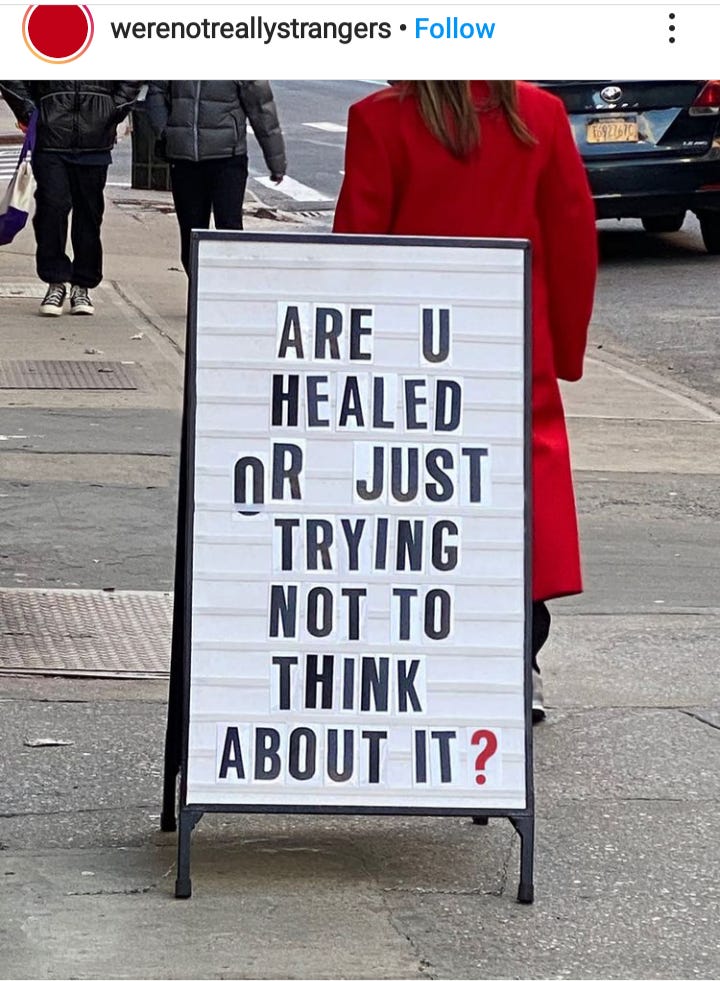
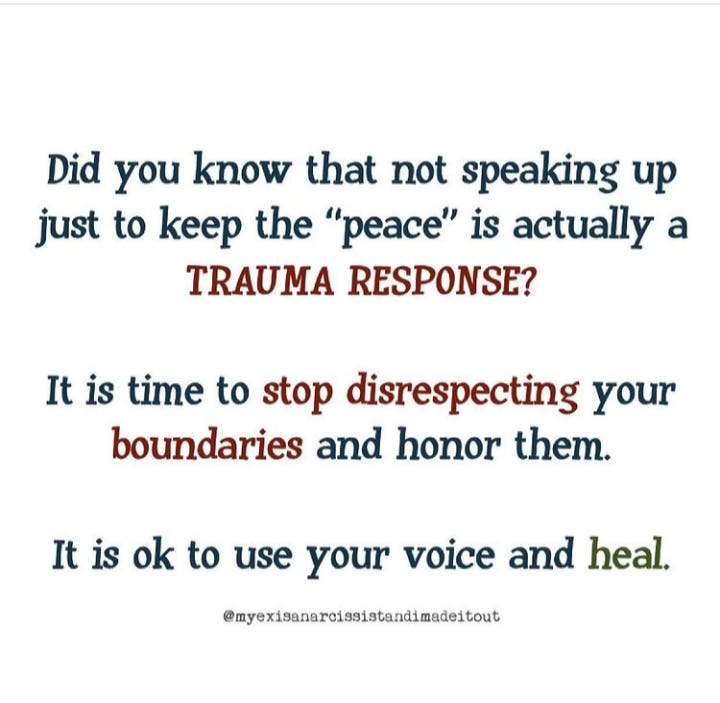
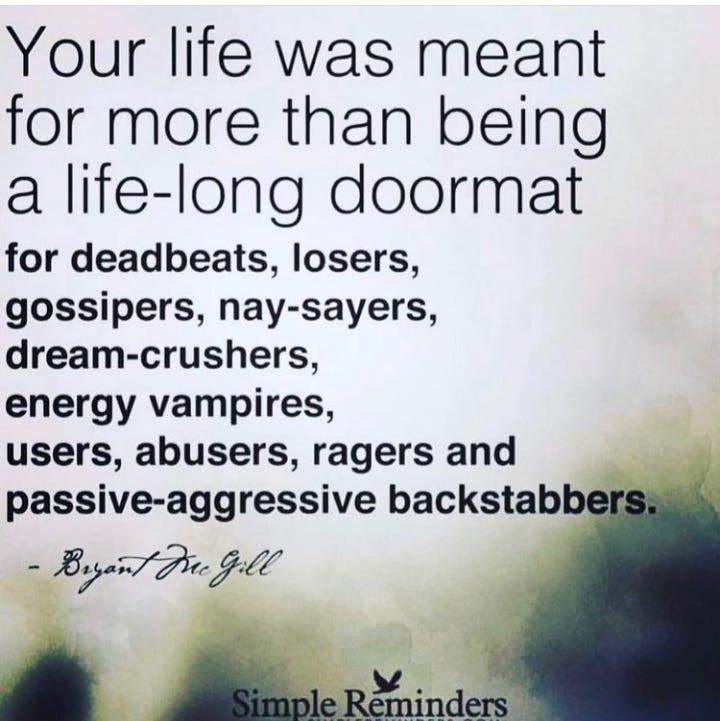
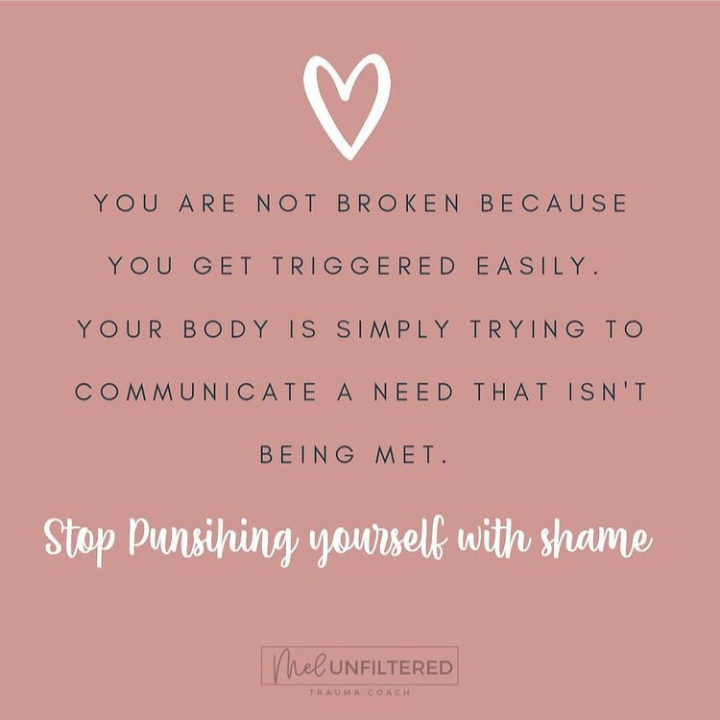
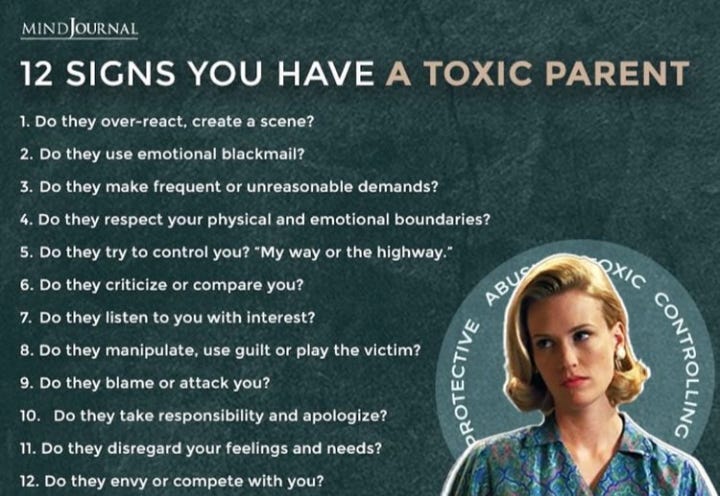
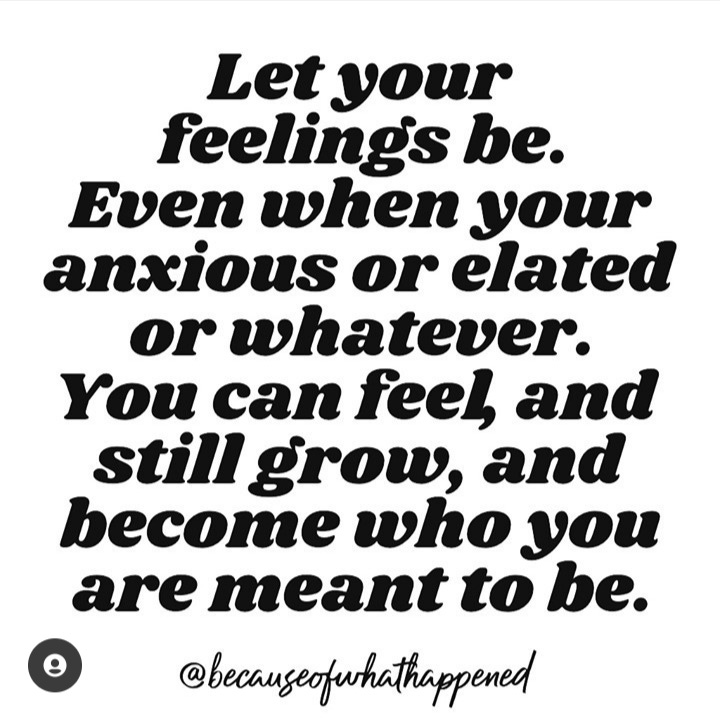
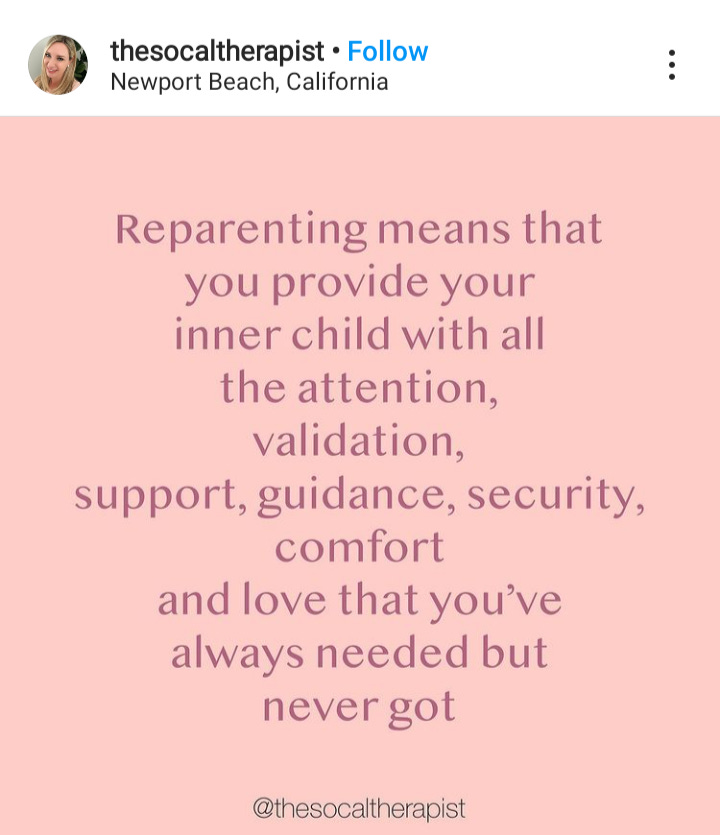
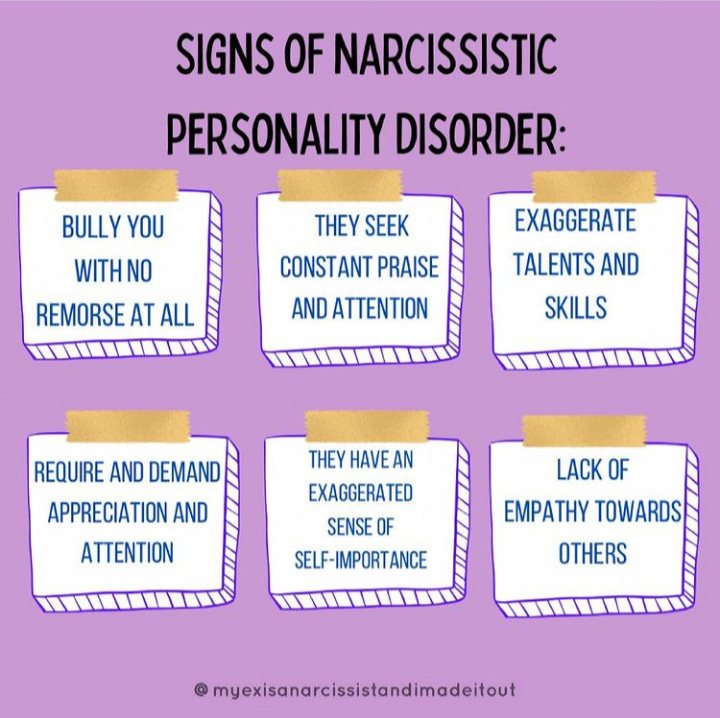
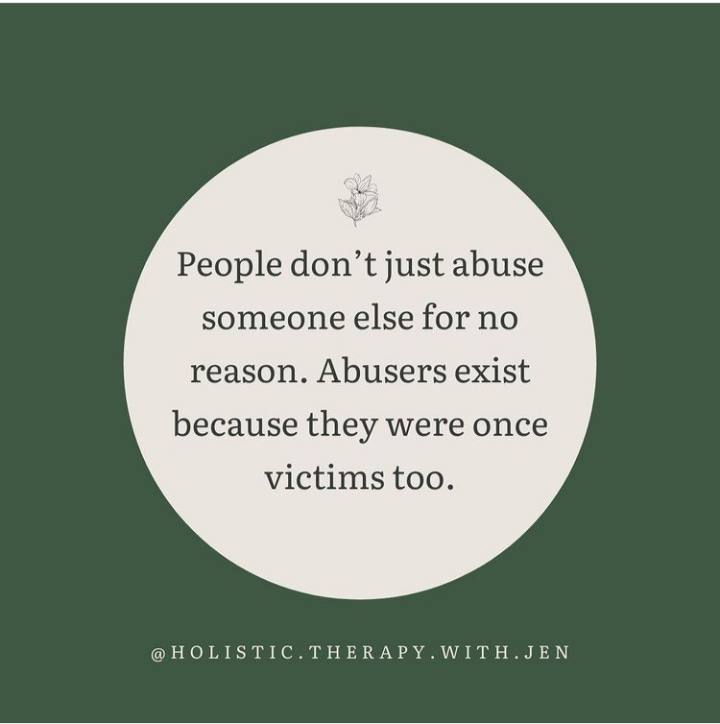
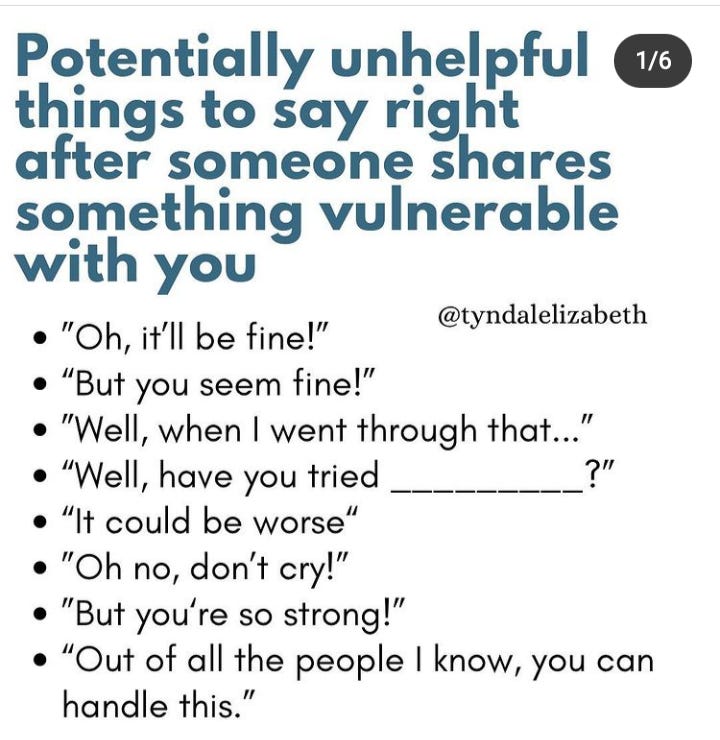
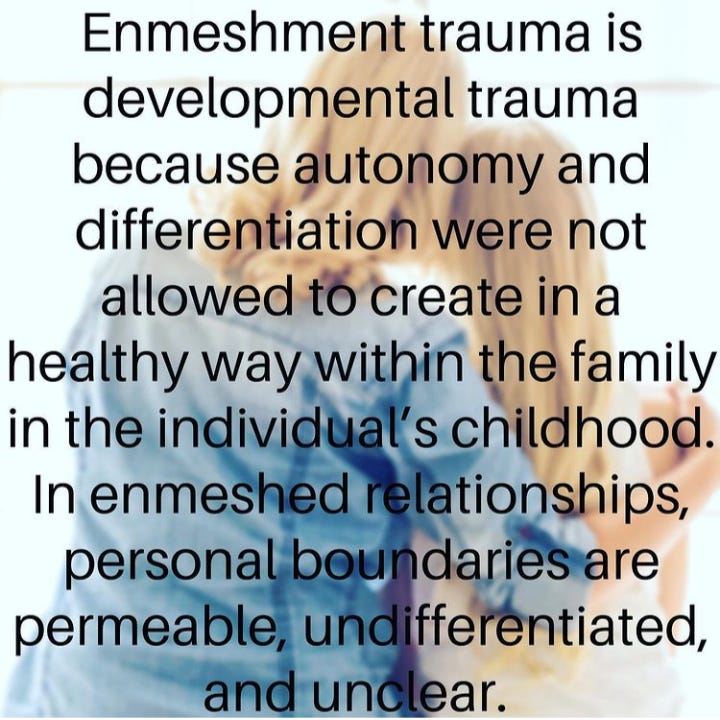
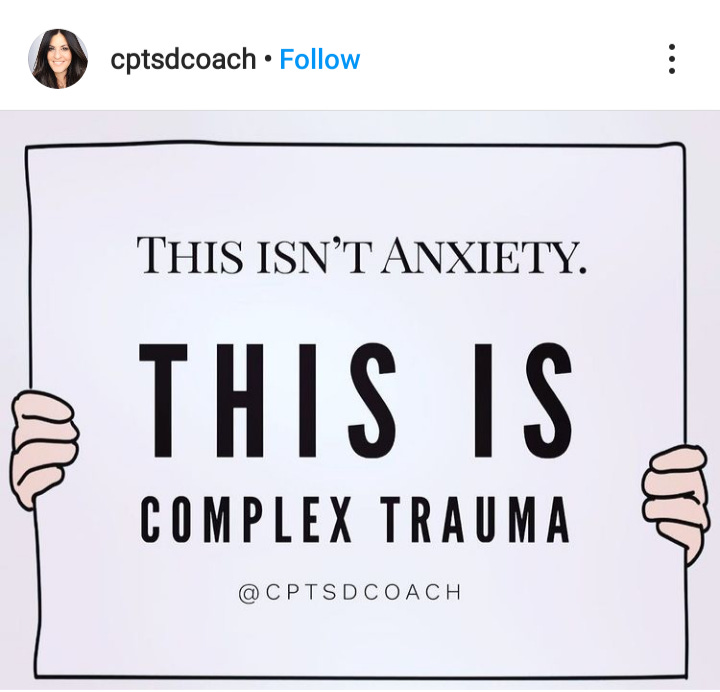
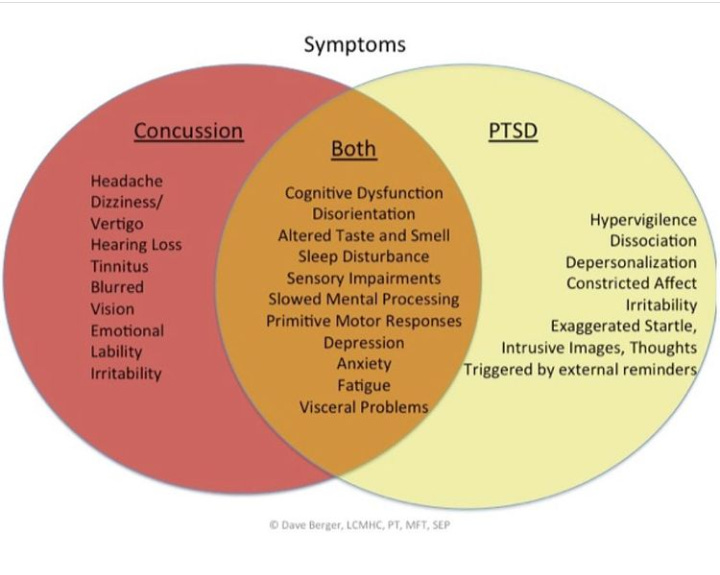
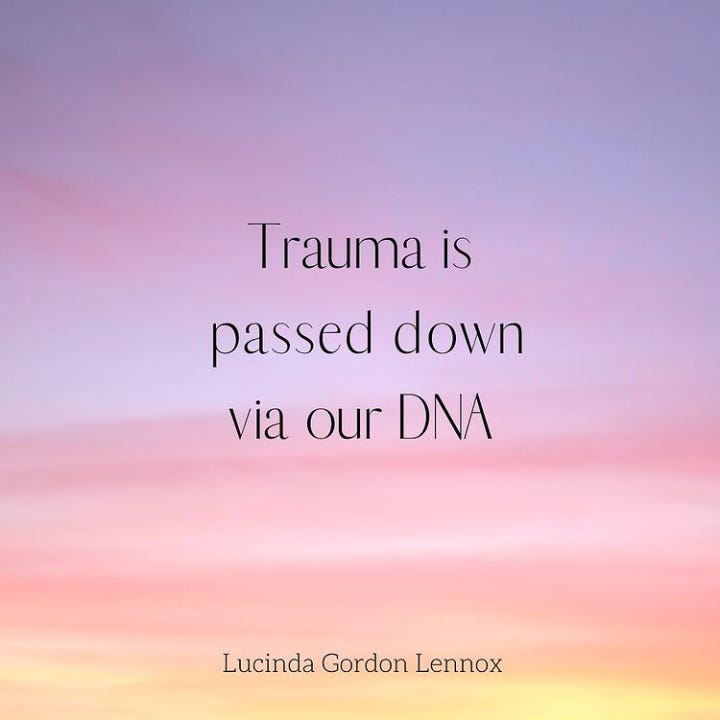
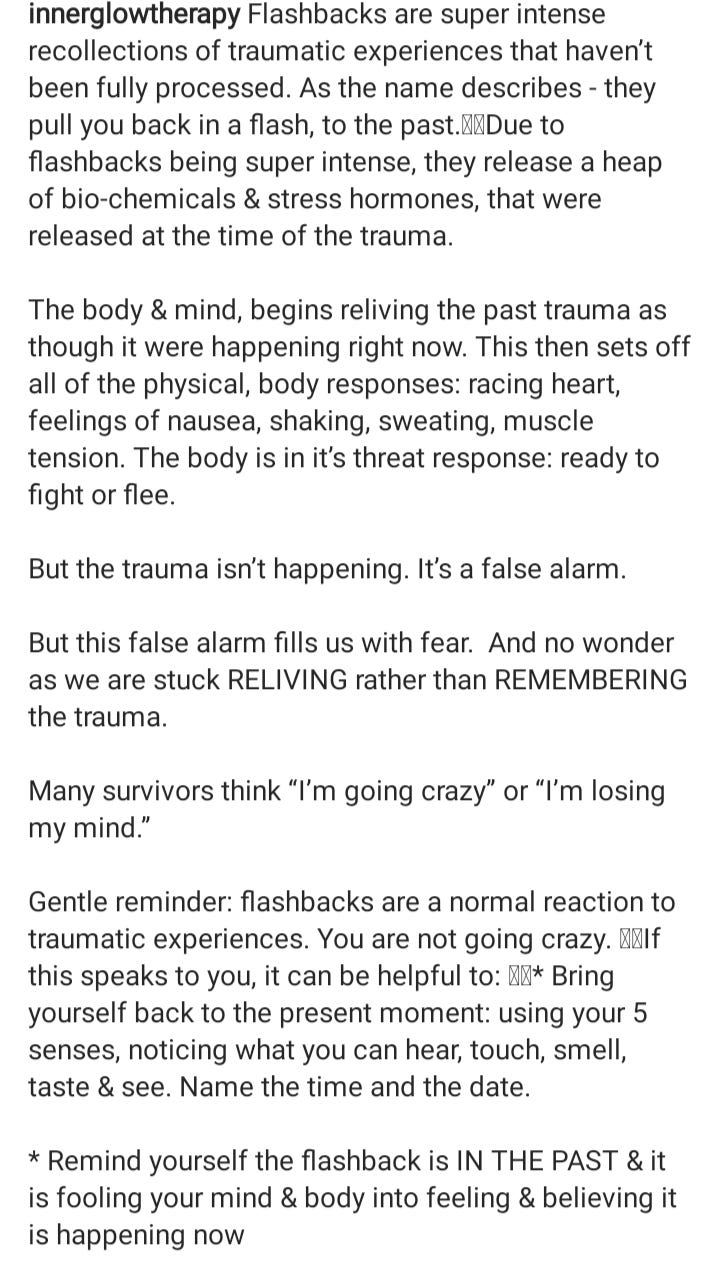
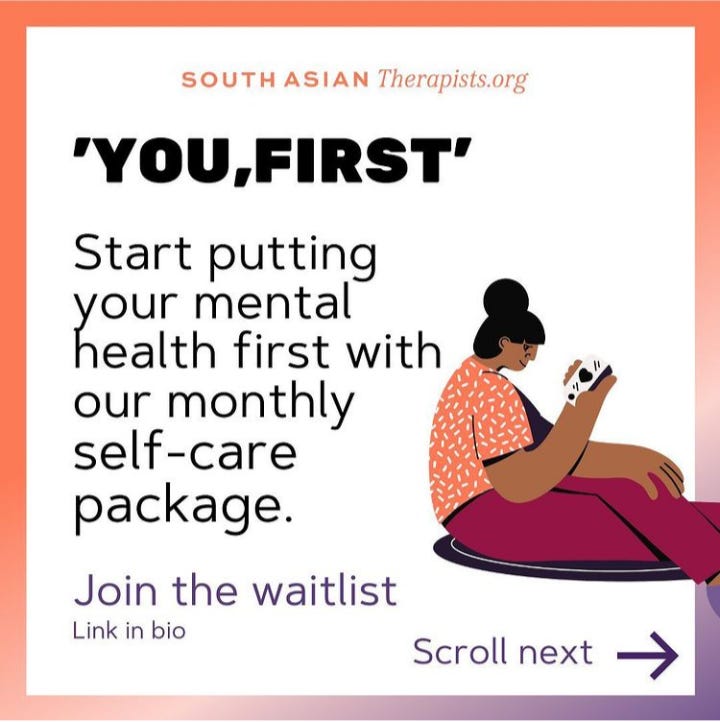
Person with PTSD here. I agree with so much of what you've written.
Trauma memes are part of a larger problem in which laypeople start support groups - IRL and online - without any professional training or licensing of any kind. At first, peer support sounds like a great thing. You think, what's the harm? Who doesn't want to meet people with the same kinds of experiences? But you soon find out that putting your mental health into the hands of laypeople is a very risky proposition. I have found this to be the case in such lay-led groups as 12-step groups (in which I've been told to go off my psych meds), abuse survivor groups (in which I've been told that my anger is a Bad Thing), and grief support groups (in which I've been told that I will grieve for the rest of my life). On top of that, you have survivor support groups on Facebook, in which people constantly reinforce their trauma and victimization. None of it is healthy or productive.
Leaving lay-led groups and social media has done wonders for my mental health. I will only put my trauma issues into the hands of a licensed professional, and no one else.
One thing I want to push back on a bit is the meme about enmeshment. That one rings very true to my experience, and I understand what it's saying. Of course, I learned about enmeshment from therapists and psychiatrists, not from online memes. But it resonated with me.
That Bryant McGill quotes sounds like a prescription to stay the hell off Twatter, Instagram and all other social media. The real world is hard enough for a lot of people; the online world is worse in almost every way.